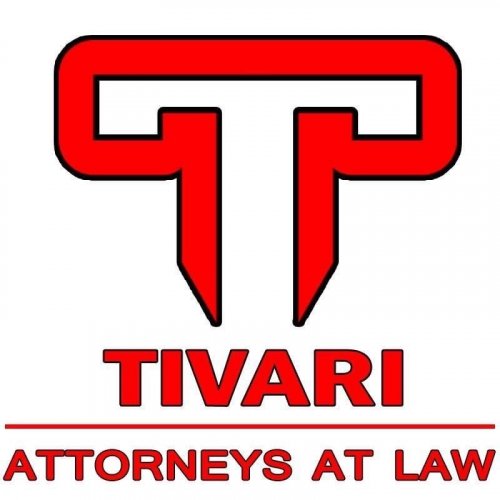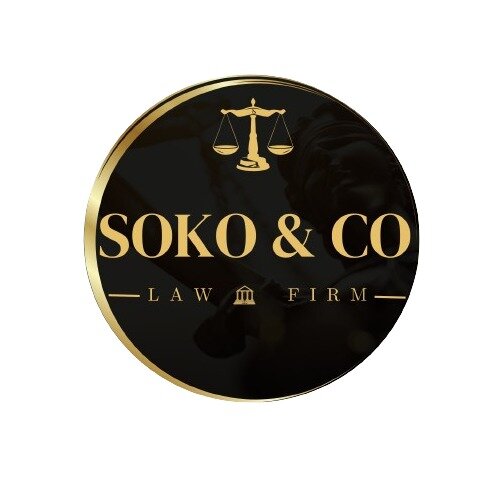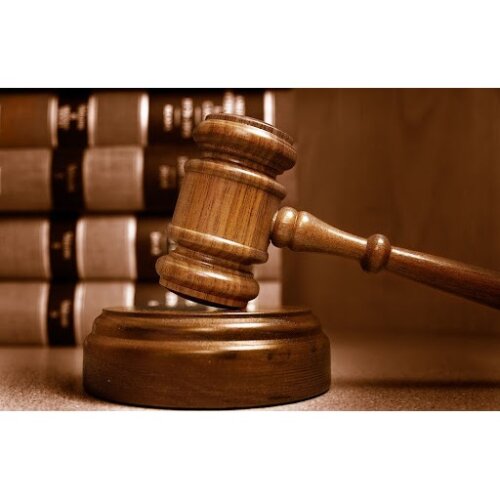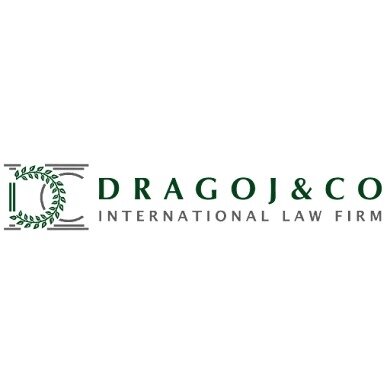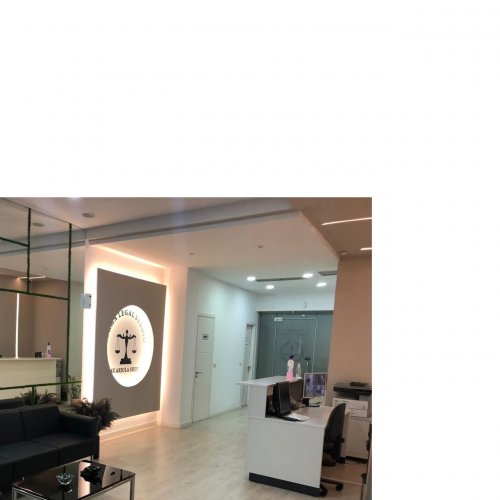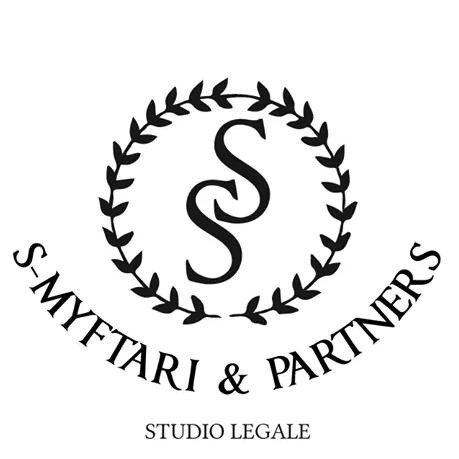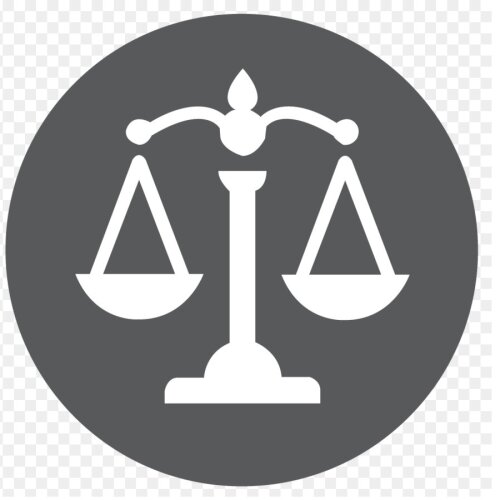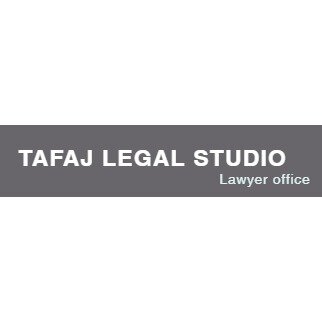Best Arrests & Searches Lawyers in Albania
Share your needs with us, get contacted by law firms.
Free. Takes 2 min.
Or refine your search by selecting a city:
List of the best lawyers in Albania
About Arrests & Searches Law in Albania
Arrests and searches in Albania are primarily governed by the country's Criminal Procedure Code, which outlines the procedures and conditions under which law enforcement officials can detain individuals and search their property. These laws are designed to balance the state's need to maintain public safety and order with the civil liberties and rights of individuals. Key principles include respect for human rights, legal formalities, and the requirement for a warrant in most situations, ensuring that any arrest or search is conducted lawfully and with minimal infringement on personal freedoms.
Why You May Need a Lawyer
Legal assistance may be crucial in various scenarios, such as when you are subject to an arrest or search, if you believe your rights have been violated, or if you require guidance through the legal process. Lawyers can help by ensuring your rights are protected, advising you on legal matters, representing you in court, and navigating the complexities of legal procedures. Whether facing charges, responding to an investigation, or dealing with wrongful arrest or searches, having a competent legal professional can be invaluable to safeguard your interests.
Local Laws Overview
Albanian law stipulates several important aspects regarding arrests and searches: - Arrest Requirements: Arrests must be conducted with due process and, typically, require an arrest warrant issued by a competent authority, except in cases of flagrante delicto (caught in the act). - Search Procedures: Searches of person or property often require a search warrant, which specifies the scope and objectives of the search. There are circumstances under which warrantless searches may be permissible, such as immediate threat to safety or evidence preservation. - Rights of the Accused: Individuals have the right to be informed of the charges against them, access to legal representation, the right to remain silent, and protection against self-incrimination. - Judicial Oversight: Both arrests and searches are subject to judicial review to ensure legality and adherence to procedural standards.
Frequently Asked Questions
What are my rights if I am arrested in Albania?
You have the right to be informed of the reasons for your arrest, the right to consult with a lawyer, and the right to remain silent.
Can police search my home without a warrant?
Generally, police need a warrant to search your home, but there are exceptions such as exigent circumstances where immediate action is necessary.
How long can I be detained before seeing a judge?
The law requires that detainees be brought before a judge within 48 hours to evaluate the necessity of further detention.
What happens if my rights are violated during an arrest or search?
Violations of your rights can lead to the exclusion of evidence obtained unlawfully and may form the basis for a legal complaint or lawsuit against the responsible parties.
Can I refuse a search if there is no warrant?
You can politely refuse a search without a warrant unless the police have probable cause or there are exigent circumstances.
Do I have to answer police questions during an arrest?
No, you have the right to remain silent and should request a lawyer before answering any questions.
What should I do if I witness an unlawful search?
Document the incident, avoid interference, and report it to a lawyer or file a complaint with appropriate authorities.
How can I find out if there is a warrant for my arrest?
You can check with the local police station or consult a lawyer who can conduct inquiries on your behalf.
What is the process for challenging an unlawful arrest or search?
Consult with a lawyer to file a motion to suppress any evidence obtained illegally and consider filing a complaint or lawsuit.
Can evidence obtained from an illegal search be used in court?
Generally, evidence obtained from an illegal search is inadmissible in court under the exclusionary rule.
Additional Resources
If you are seeking further assistance or information regarding arrests and searches in Albania, consider contacting: - The Albanian Police: For official processes and queries regarding detentions and searches. - Public Ombudsman of Albania: An institution for protecting individual rights against public administration violations. - Albanian Bar Association: For referrals to qualified legal professionals. - Non-Governmental Organizations (NGOs): Such as those focusing on human rights and legal aid for guidance and support.
Next Steps
If you need legal assistance relating to arrests and searches, it is advisable to: - Consult with a Lawyer: Seek a professional who specializes in criminal law and has experience with arrest and search cases in Albania. - Document Everything: Keep detailed records of any interactions with law enforcement and note any discrepancies or violations. - File a Complaint: If you believe there have been violations of your rights, consider filing a formal complaint with the appropriate authorities. - Seek Support: Utilize supportive resources and organizations that can offer additional guidance and advocacy.
Lawzana helps you find the best lawyers and law firms in Albania through a curated and pre-screened list of qualified legal professionals. Our platform offers rankings and detailed profiles of attorneys and law firms, allowing you to compare based on practice areas, including Arrests & Searches, experience, and client feedback.
Each profile includes a description of the firm's areas of practice, client reviews, team members and partners, year of establishment, spoken languages, office locations, contact information, social media presence, and any published articles or resources. Most firms on our platform speak English and are experienced in both local and international legal matters.
Get a quote from top-rated law firms in Albania — quickly, securely, and without unnecessary hassle.
Disclaimer:
The information provided on this page is for general informational purposes only and does not constitute legal advice. While we strive to ensure the accuracy and relevance of the content, legal information may change over time, and interpretations of the law can vary. You should always consult with a qualified legal professional for advice specific to your situation.
We disclaim all liability for actions taken or not taken based on the content of this page. If you believe any information is incorrect or outdated, please contact us, and we will review and update it where appropriate.
Browse arrests & searches law firms by city in Albania
Refine your search by selecting a city.




